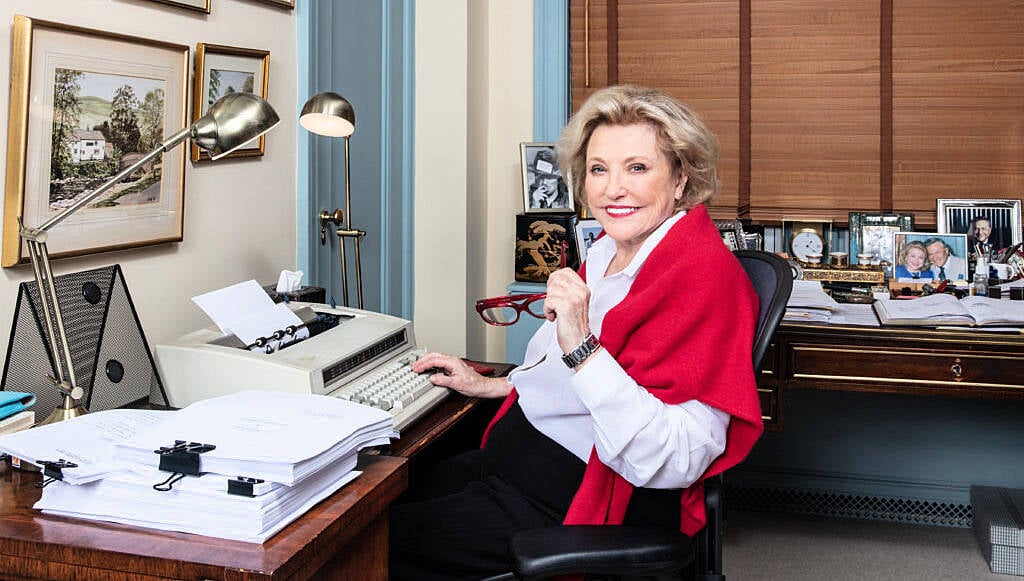NEW ORLEANS (AP) — After Candice Henderson-Chandler moved to New Orleans and bought her first house in 2021, she learned it had played a key role in the city's civil rights history and was the childhood home of a prominent activist, Oretha Castle Haley. Henderson-Chandler, who is Black, soon founded a nonprofit and planned to convert part of the property into a museum to celebrate this history. She also listed the property on the rental site Airbnb marketing its civil rights legacy and sold museum memberships and civil rights-era themed products like “Freedom Fighter” citrus candles on her nonprofit's website.
But on Thursday, the majority of the New Orleans City Council rejected Henderson-Chandler's plans in a vote that would have changed the zoning to allow for a museum. Opponents of the museum warned it was yet another attempt by outside interests to commodify and profit from the city's rich Black cultural heritage. Three of Haley’s sons and seven of her grandchildren said in a statement that Henderson-Chandler was exploiting the civil rights activist’s legacy against their wishes.
“In our people and our history, often times all they could leave you was your name — that is the history of Black people in the United States," said Councilmember Jean Paul Morrell, who voted against the museum. “If all you have is your name, there’s a reason why people in this city care so much about who uses your name and how.” In 1960, Haley had co-founded the New Orleans .


















